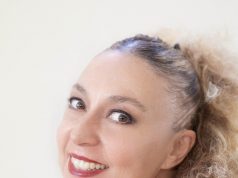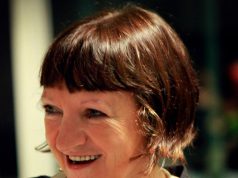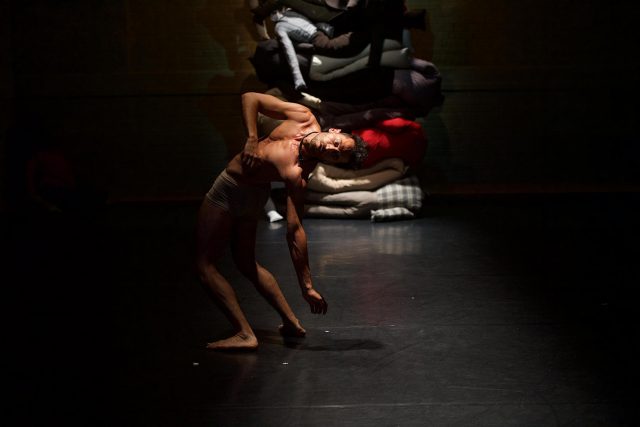
For the English version, please, scroll down.
BERLINO – Proseguendo l’analisi sulle difficili ripercussioni subite nel mondo della danza a causa della pandemia e sulle conseguenti reazioni alla crisi da parte di alcuni danzatori residenti a Berlino, ho intervistato Daniel Afonso, membro della cie. toula limnaios.
Con una certa sorpresa, dalle sue parole è emerso un punto di vista singolare e un’esperienza diversa da quelle raccontateci finora dai suoi colleghi.
Quando, a marzo 2020, Angela Merkel ha comunicato in una diretta televisiva le misure di sicurezza per contrastare il diffondersi del contagio da COVID-19, come è cambiata la tua vita e le tue aspettative professionali?
Per quanto riguarda la mia attività di danzatore, il cambiamento è stato drastico. Gli spettacoli che avevo in programma con la cie. toula limnaios, a seguito della dichiarazione dello stato di pandemia, sono stati immediatamente cancellati. C’era molta incertezza, nessuno aveva chiare informazioni su cosa stesse accadendo né si sapeva quando avremmo potuto riprendere a lavorare o a esibirci. Fortunatamente, questo momento così destabilizzante è durato poco. Passate le prime due settimane di lockdown, abbiamo lentamente ricominciato a provare per una nuova produzione, Tell me a better story, concepita nel rispetto delle nuove regole di distanziamento sociale. In sala si stava soltanto in due persone: uno dei componenti della compagnia e la nostra coreografa, ma, a parte questo cambiamento, il lavoro non era diverso da prima. Essendo abituato al ruolo di porter, ho, piuttosto, approfittato per esplorare le mie possibilità di solista. L’unica nota negativa è una distorsione al piede, a causa della pausa lavorativa che mi ha reso più ‘debole’.
Quali emozioni – paure, preoccupazioni, riflessioni sul futuro – sono scaturite da questa condizione di incertezza e di instabilità?
Ad esser sincero, tranne l’iniziale ansia nel prendere mezzi pubblici, ho vissuto tutto questo periodo senza particolari apprensioni. Da un punto di vista lavorativo, avendo la fortuna di far parte di una compagnia, non ho avuto difficoltà economiche. In Germania, inoltre, lo spettacolo e l’arte sono tenute in gran considerazione, quindi la mia situazione è stata sicuramente privilegiata rispetto a quella di tanti miei colleghi che vivono in altri Paesi. Oltretutto, sapevo che qualsiasi cosa sarebbe successa, avrebbe riguardato tutta la categoria, non solo me, quindi non ho mai pensato potesse accadere nulla di realmente preoccupante.
L’incertezza del futuro ti spaventa? Cerchi soluzioni per far fronte a ulteriori eventuali periodi di stallo?
No, devo dire che non mi proietto molto nel futuro. Non ho nessun piano perché so adattarmi alle situazioni e so che c’è sempre un’alternativa. Il cambiamento non è sempre negativo e, con tutta la tecnologia che abbiamo a disposizione, si possono sempre trovare nuove forme per continuare a lavorare senza che ciò vada a discapito della qualità.
Da quanto dici, sembra che tu abbia saputo affrontare la crisi adattandoti senza sforzo alla nuova realtà. Sapresti indicarmi almeno un aspetto positivo di questa situazione?
Sì, credo che questo momento ci dia la possibilità di entrare in contatto con noi stessi. Viviamo in un mondo ossessionato dal lavoro, dalla produzione e dai consumi, questo freno, nostro malgrado, ci consente di avere più tempo che dovremmo sfruttare per fare le cose che più ci piacciono.
A quanto pare un atteggiamento positivo aiuta ad affrontare meglio anche i momenti più critici. Grazie mille Daniel e in bocca al lupo per tutto!
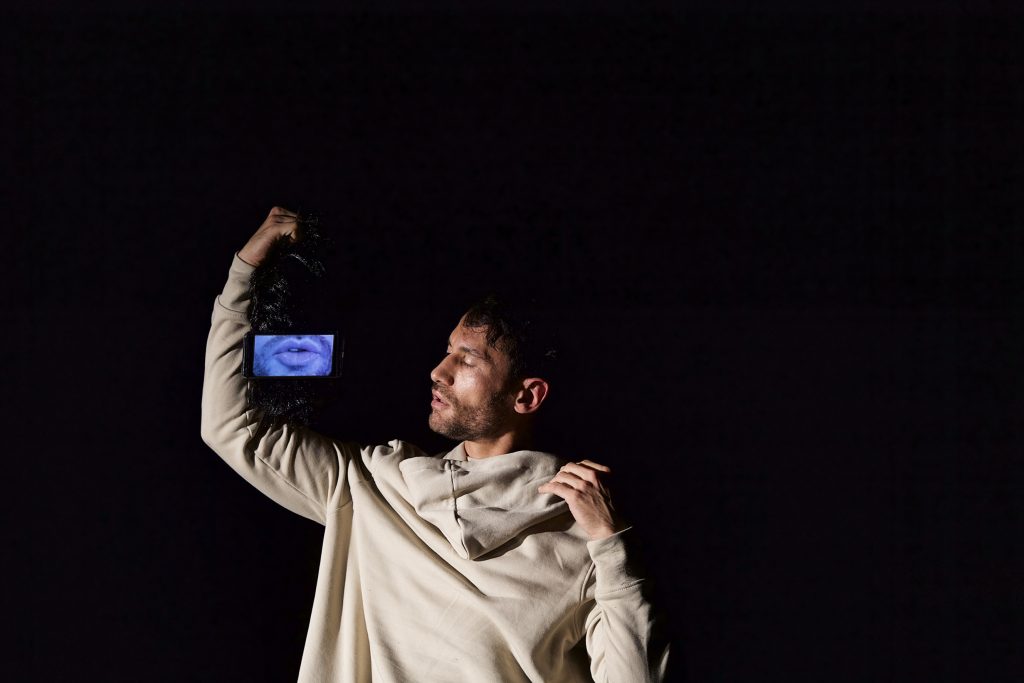
In continuing to analyse the difficult repercussions suffered by the world of dance due to the pandemic and the consequent reactions to the crisis from some Berlin based dancers, I interviewed Daniel Afonso, member of cie. toula limnaios.
Quite surprisingly, a unique point of view emerged from his words, which was, so far, a different experience otherwise related by his colleagues.
In March 2020, when Angela Merkel communicated on live television the security measures to counter the spread of the COVID-19 pandemic, how did your life and your professional expectations change?
As for my dance activity, the change has been drastic. The shows scheduled by cie. toula limnaios were immediately canceled following the declaration of a pandemic status. There was a lot of uncertainty, no one had clear information about what was happening nor did we know when we could go back to work or perform. Fortunately, this destabilizing moment did not last long. After the first two weeks of lockdown, we slowly started rehearsing for a new production, Tell me a better story, which was conceived in compliance with the new rules of social distancing. In the room there were only two people: one company member and our choreographer, but, apart from this change, I have resumed working as before. Being used to the role of porter, I took the opportunity to explore my possibilities as a soloist. The only negative note is a sprained foot, due to the work break that made me ‘weaker’.
What emotions – fears, worries, reflections on the future – arose from this condition of uncertainty and instability?
To be honest, except for the initial anxiety about taking public transport, I lived this whole period without any particular apprehensions. From a business point of view, having the good fortune to be part of a company, I did not have financial difficulties. In Germany, moreover, culture and art are highly regarded, so my situation was certainly privileged compared to many colleagues of mine who live in other countries. On top of that, I knew that whatever was going to happen would have affected the whole category, not just me, so I never thought anything really worrying could happen.
Does the uncertainty of the future scare you? Are you looking for solutions to deal with any further lockdown?
No, I have to say that I don’t plan much into the future. I have no plan because I know how to adapt to situations and I know that there is always an alternative. Change is not always negative and, with all the technology we have at our disposal, we can always find new ways to continue working without compromising quality.
From what you say, it seems that you have been able to deal with the crisis by adapting effortlessly to the new reality. Could you tell me at least one positive aspect of this situation?
Yes, I believe that this moment gives us the opportunity to get in touch with ourselves. We live in a world obsessed with work, production and consumption, this break, in spite of ourselves, allows us to have more time that we should use to do the things we like most.



































